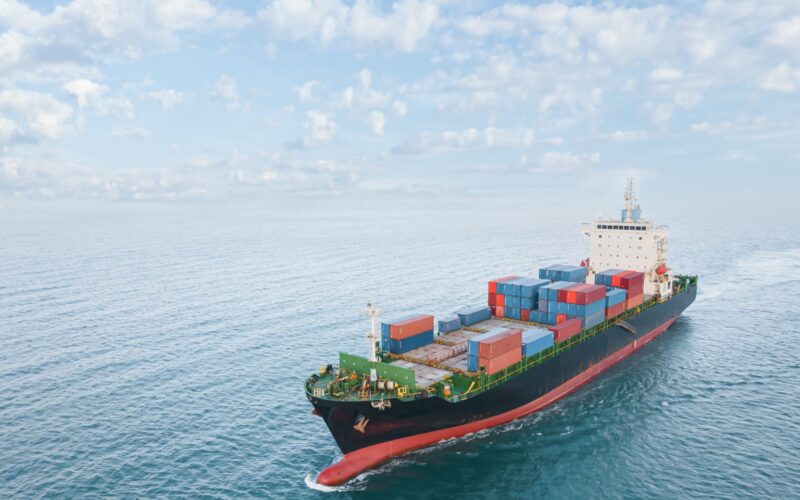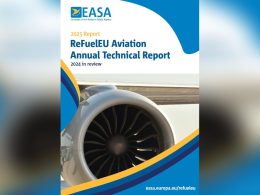Platts, part of S&P Global Commodity Insights, has launched low-carbon methanol marine fuel (MMF) price assessments for Shanghai, marking the first such benchmarks for China and expanding its coverage of alternative marine fuels in Asia and Europe.
The Shanghai assessments, effective from 2 May, follow Platts’ introduction of Singapore low-carbon MMF benchmarks six months ago. Simultaneously, the agency has also launched new MMF assessments for Rotterdam, Europe’s largest bunker hub, to support growing market demand for emissions-reducing shipping fuels.
“We are pleased to announce the launch of Platts’ first-ever low-carbon methanol marine fuel assessments for China,” said Esther Ng, Global Methanol Pricing Lead at S&P Global Commodity Insights. “Shanghai is the world’s busiest container port, and sustainable methanol has already been bunkered there. These assessments aim to provide transparency as the maritime industry works towards its 2050 net-zero target.”
China is projected to develop 200,000 metric tonnes per year of bio- and e-methanol capacity by 2025, increasing to 1.5 million tonnes annually by 2028, according to S&P Global data. The first spot market trading of Chinese-produced low-carbon methanol is expected by mid-2025, with Shanghai emerging as a key trading hub.
The new assessments provide pricing for low-carbon methanol on both a free-on-board (FOB) and delivered basis in Shanghai, as well as delivered prices for Rotterdam in both U.S. dollars and euros per metric tonne. All assessments include sustainability documentation verifying carbon intensity or emissions reductions in line with the Renewable Energy Directive.
Olivier Maronneaud, Global Research Lead for Methanol and Plastic Circularity at S&P Global, said regulatory developments are accelerating demand for cleaner marine fuels. “Legislation supporting low-carbon bunker fuel has been implemented in Europe and has progressed globally, especially following the IMO’s recent MEPC 83 meeting. This, combined with efforts by governments, port authorities, and shipowners, is expected to drive greater liquidity in the methanol bunker market.”
The International Maritime Organization (IMO) has agreed to introduce a greenhouse gas pricing mechanism starting in 2028, while the EU’s FuelEU Maritime regulation mandates gradual reductions in shipping emissions, with an 80% greenhouse gas intensity cut required by 2050.
The Port of Rotterdam, which launched a Green and Digital Shipping Corridor with Singapore in 2022, aims to reduce emissions on major trade routes by enabling the use of low- and zero-carbon fuels, including methanol.
Platts’ new assessments are expected to aid shipowners, fuel producers, traders, and investors in making informed decisions as regulatory and commercial interest in alternative marine fuels grows.
















